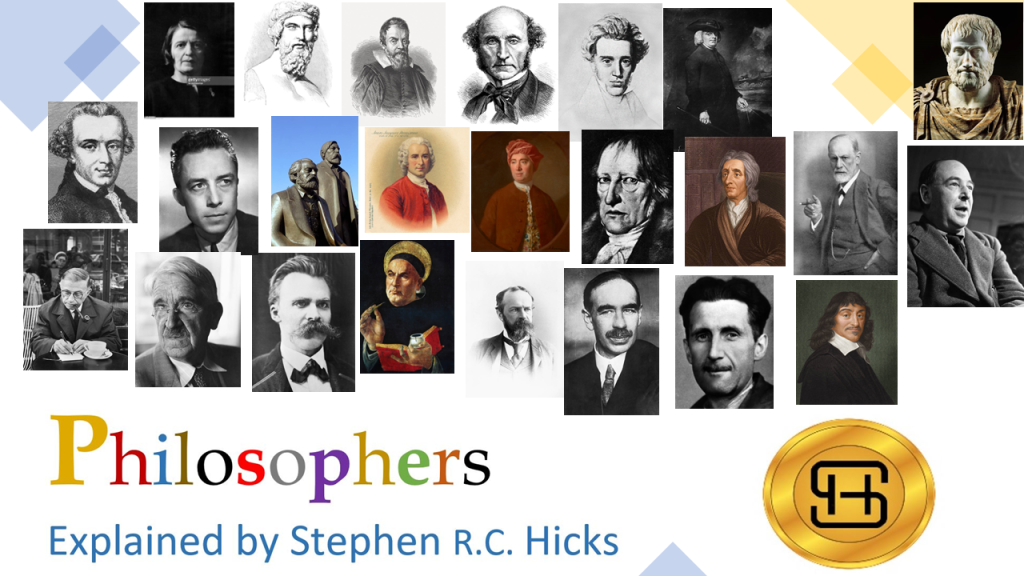Refreshing these two strikingly similar passages from Georg Hegel and Søren Kierkegaard, philosophers I generally think of as stylistically opposed.
At issue are two key questions:
1. What is the origin of the universe?
2. What is the self?

Hegel on the beginning of the universe: “So far, there is nothing: something is to become. The beginning is not pure nothing, but a nothing from which something is to proceed; so that being is already contained in the beginning. The beginning thus contains both, being and nothing; it is the unity of being and nothing, or is not-being which is being, and being which is also not being.” (The Science of Logic, in The Philosophy of Hegel, ed., C. J. Friedrich. Modern Library, 1953/54, p. 211)

Kierkegaard on the self: “A human being is spirit. But what is spirit? Spirit is the self. But what is the self? The self is a relation that relates itself to itself or is the relation’s relating itself to itself in the relation; the self is not the relation but is the relation’s relating itself to itself. A human being is a synthesis of the infinite and the finite, of the temporal and the eternal, of freedom and necessity, in short, a synthesis. A synthesis is a relation between two. Considered in this way, a human being is still not a self.” (The Sickness Unto Death, translated by Hong & Hong. Princeton University Press, 1980, p. 13)
Having sorted out those two issues, we can now move on to other pressing philosophical matters.

See also the episodes on Hegel and on Kierkegaard in my Philosophers, Explained series.
(And I just came across this darkly amusing review by Richard Dawkins of Sokal and Bricmont’s exposé of postmodern pretentiousness.)
The issue is not about the origin of the universe or what the self is. The real issue is: Can views be communicated clearly, without double-talk, and without twisting definitions until they are meaningless. Schopenhauer said it best IMO:
“The public had been forced to see [in Kant] that what is obscure is not always without meaning; what was senseless and without meaning at once took refuge in obscure exposition and language. Fichte was the first to grasp and make vigorous use of this privilege; Schelling at least equalled him in this, and a host of hungry scribblers without intellect or honesty soon surpassed them both. But the greatest effrontery in serving up sheer nonsense, in scrabbling together senseless and maddening webs of words, such as had previously been heard only in madhouses, finally appeared in Hegel. It became the instrument of the most ponderous and general mystification that has ever existed, with a result that will seem incredible to posterity, and be a lasting monument of German stupidity.” [ The World as Will and Representation, p. 429]
Good find, Bob. Thanks.
The rest of the source information for that quotation is: Volume I of The World as Will and Representation, translated by E. F. J. Payne, Dover Publications, p. 429.